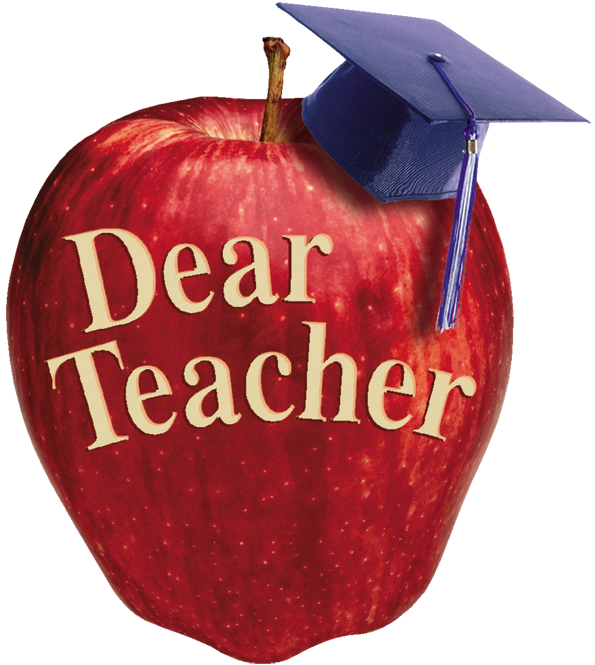Question: My husband struggled mightily with dyslexia in school and still isn't too fond of reading. Is it possible to discover if one of our young children is following in his footsteps? -- Curious
Answer: Since you know that dyslexia runs in your husband's family, you do need to watch for early warning signs. Dyslexia can be identified as early as pre-K. And the earlier it is identified, the greater the likelihood of your child's success in school. Please remember that having some of the signs of dyslexia does not mean your children will be dyslexic. However, if you think they might, get help as early as you can from people (doctors, psychologists, teachers, child-care providers) who know your child.
You also need to become as familiar as you can with dyslexia. Visit the websites of the International Dyslexia Association, the National Center for Learning Disabilities and the Learning Disabilities Association of America. You might also want to read "Overcoming Dyslexia" by Sally Shaywitz. She lays out what parents can do to help their children year by year, grade by grade and step by step.
Here are some early warning signs of dyslexia: When did your children start talking? Most children will begin to say words by their first birthday. Then by the time they are 2, they should be using phrases.
Once your children were speaking, how did they pronounce words? By 5 or 6 most children will not have any problems saying words correctly. On the other hand, children who are still leaving off beginning sounds such as saying "potamus" for "hippopotamus" are showing another possible early sign of dyslexia. Plus, 4-year-olds should be able to repeat nursery rhymes. And by the time your child is ready for kindergarten, he or she should be able to tell if two words such as "fair" and "hair" rhyme.
Topic
